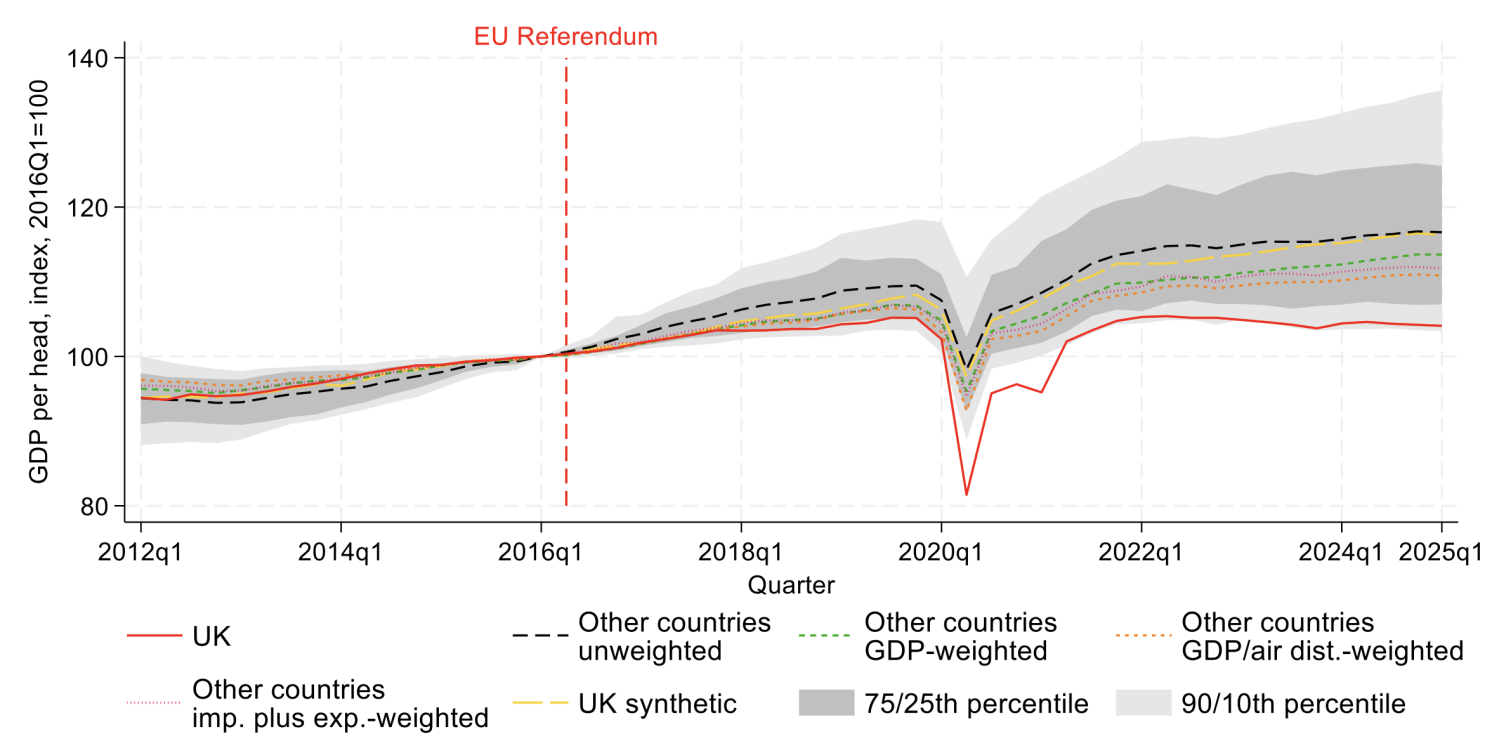© Reuters. FILE PHOTO: A picture illustration shows rolled Russian rouble banknotes on a table in Warsaw, Poland, January 22, 2016. REUTERS/Kacper Pempel//File Photo
By Alexander Marrow
MOSCOW (Reuters) -The rouble slumped to its weakest point in more than seven months against the dollar on Monday and was on course for its biggest single-day drop since July amid fears that sanctions on Russian oil will hit the country’s export revenue.
Monday’s drop came as Russian President Vladimir Putin visited Belarus, fanning fears in Kyiv that he intends to pressure his ex-Soviet ally to join a fresh ground offensive that would open a new front against Ukraine.
By 1515 GMT, the rouble was 4.3% weaker against the dollar at 67.41, earlier hitting 68.4800, its weakest mark since May 11.
The currency also lost 3.8% to trade at 71.71 against the euro, also a more than seven-month low. It shed 3.9% against the yuan to 9.64, hitting its weakest level since early July.
The rouble has dropped almost 10% in December. That weakening stems from concerns that an oil embargo and price cap will reduce Russia’s oil export revenues, increasing the budget deficit as imports gradually recover, said Alfa Capital analyst Yulia Melnikova.
“The sanctions rhetoric is also negative for the national currency,” Melnikova added.
European Union leaders agreed to a ninth package of sanctions against Moscow last week, blacklisting nearly 200 more people and barring investment in Russia’s mining industry, among others.
The rouble remains the world’s best-performing currency this year, supported by capital controls and an initial collapse in imports as a result of Western sanctions over Russia’s actions in Ukraine, and scores of foreign companies pausing operations in the country.
TAX SUPPORT
Analysts expect that upcoming month-end tax payments, when exporters convert foreign currency revenue into roubles to pay local liabilities, will provide support for the rouble, but having crossed the 65 threshold for the first time since May, the currency could settle into a new, weaker range.
“Our view on oil, upcoming taxes and dividends allow us to maintain a forecast for a small rise in the near term,” said Dmitry Polevoy, head of investment at Locko Invest.
, a global benchmark for Russia’s main export, was up 1.8% at $80.5 a barrel, but this month has traded at its lowest all year.
“If the rouble holds above 65 (which could happen if exporters remain inactive in spite of the looming tax and dividend payments), we could see it move into the 67-70 range before long,” said SberCIB Investment Research in a note.
The rouble barely reacted when Russia’s central bank on Friday held its key interest rate at 7.5%, but slightly shifted its tone to acknowledge growing inflation risks, saying a recent military mobilisation was adding to labour shortages.
Russian stocks were also losing.
The dollar-denominated RTS index was down 4% to 996.9 points, a more than two-month low. The rouble-based MOEX Russian index was flat at 2,132.2 points.





































